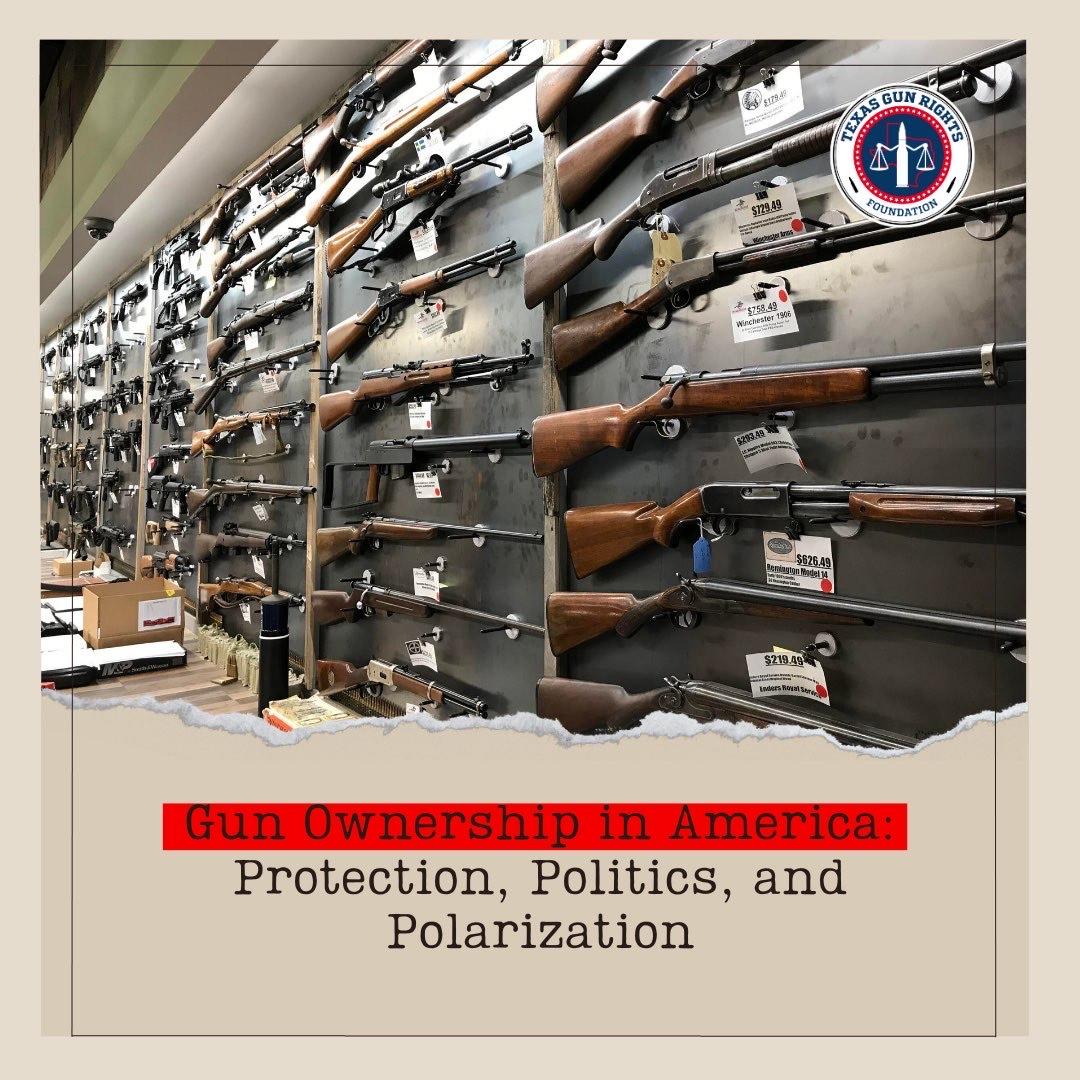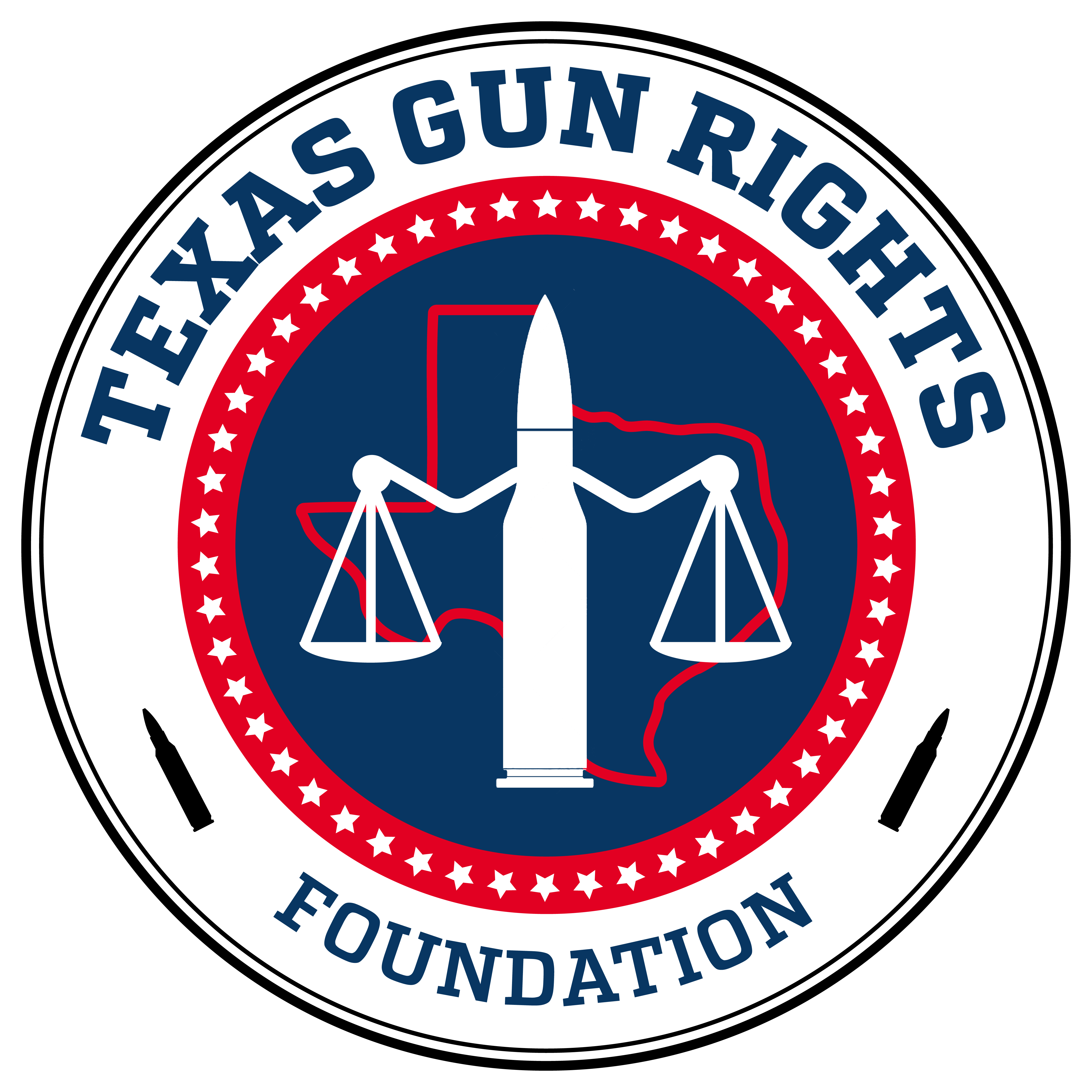
The intricate fabric of American history and culture is deeply intertwined with the rights and responsibilities that come with the Second Amendment.
It’s not just a matter of constitutional rights; it’s a reflection of an age-old American belief in the balance of power between the government and its citizens.
Recent statistics from Pew Research underscore the undying essence of this belief, with gun ownership not merely seen as a personal choice, but, in the eyes of many conservatives, as a fundamental bulwark against potential governmental tyranny.
On the flip side, an increasingly vocal demand for stricter gun control, primarily from the Democratic side of the aisle, seeks to address the rising tide of gun violence. However, as well-intentioned as these calls may be, they might carry with them a slew of unintended ramifications.
The data illustrates that 4 in every 10 Americans reside in gun-owning households. Interestingly, 32% personally stake claim to a firearm, a ratio that remains unchanged since 2021. But, as many conservatives are keen to emphasize, the broader narrative isn’t just about statistics – it’s about safeguarding freedom.
A noticeable divide appears when these numbers are juxtaposed against political affiliations: Republicans and those leaning rightward are twice as likely to own a firearm compared to their Democratic peers. This inclination aligns with the Republican emphasis on the significance of an armed citizenry in preserving liberty.
One must dive into the reasons behind such ownership to fully grasp its depth. A dominant 72% of gun owners identify personal protection as their primary rationale. This figure has seen a steady increase since 2017, indicative of a rising consciousness towards not just personal safety but, as many Republicans would argue, a commitment to defending against potential tyrannical tendencies.
Emotions regarding gun ownership are multifaceted. An overwhelming 71% of gun owners feel a profound sense of security and autonomy from their firearms. This sentiment is deeply entrenched in the Republican psyche, with a vast majority associating firearm possession with safeguarding freedom and acting as a bulwark against potential governmental oversteps.
While 52% of non-gun owners remain steadfast against future ownership, an almost equal 47% contemplate embracing their Second Amendment rights, perhaps influenced by conservative perspectives on freedom and self-determination.
The American populace stands at crossroads on gun ownership’s implications. Although 49% view firearms as a beacon of personal safety, an identical proportion sees potential risks. Here, party lines clearly demarcate perspectives. A staggering 79% of Republicans view gun ownership as an instrument of liberty and a mechanism to ensure governmental checks and balances.
The crescendo of concern over gun violence cannot be ignored, with 60% viewing it as a prominent challenge. While concerns about gun violence are valid and grave, the Democratic push for intensified gun control might be looking at the issue through a limited lens.
Indeed, public safety is of paramount importance, but casting a wide regulatory net might end up ensnaring those who abide by the law. For instance, expanded or “universal” background checks, could also delay or prevent law-abiding citizens from obtaining firearms for legitimate purposes.
Moreover, banning specific firearm categories, another frequent call to action, doesn’t necessarily translate to their eradication. History has shown that prohibition often gives rise to underground markets. Instead of regulation leading to decreased gun violence, we might find ourselves grappling with a surge in illegal firearm trading, making it even harder for law enforcement agencies to track and regulate.
The future remains a mosaic of challenges and choices. As America navigates its relationship with firearms, the Republican perspective is clear: gun ownership is not just about personal safety; it’s about preserving the republic and ensuring a lasting defense against tyranny.
